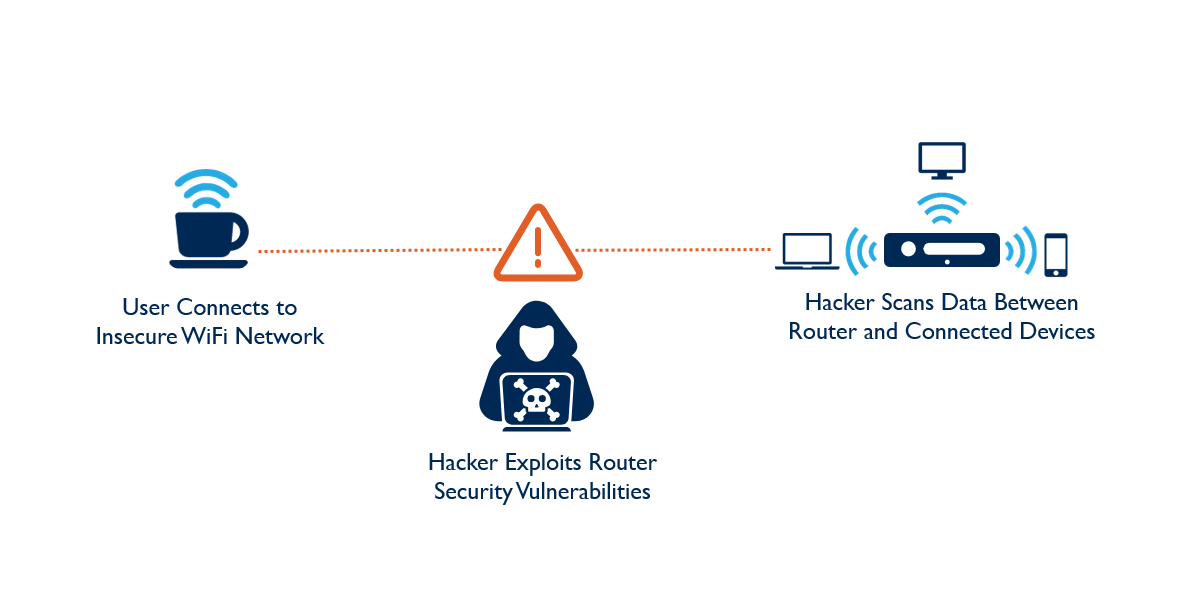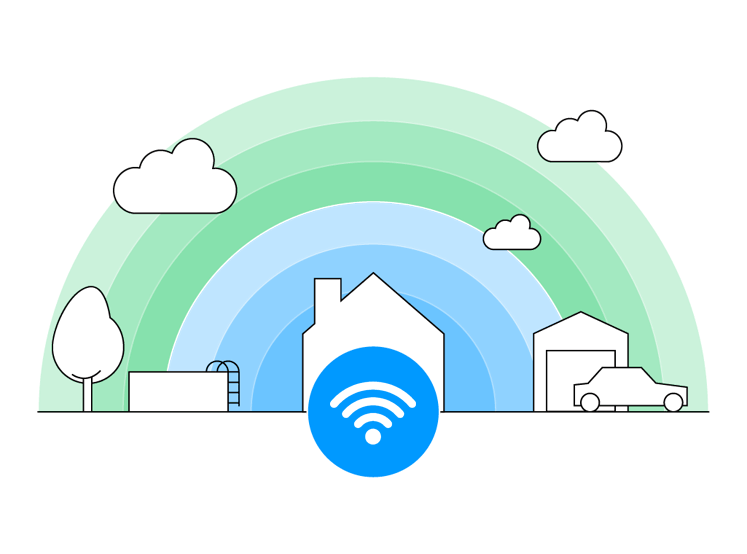Should you use VPN when browsing the web from your home?Posted by Eyerys on May 20th, 2019 Virtual Private Network, or VPN, can be useful for many reasons. One of which, is when you want to connect to the internet using public Wi-Fi, especially hotspots without passwords. But how about when you're connecting to the internet inside your comfort zone, let's say, your home and inside your comfortable bedroom?  Now, since your mobile phone is communicating with a Wi-Fi, there isn't any beam of radio waves that connect the two. Instead, your mobile device and the router blast signals all over the place in every direction, hoping that the signal will eventually reach its target device. And if in any cases that the router cannot send a few packets, your mobile device still has TCP, the internet protocol to ensure that you receive all the packets you've asked for. Should a packet misses its target, it will be sent again, and again, and again, all until the delivery is complete. If you are browsing the web inside the comfort of your home, most likely, you'll have your router protected with a password. This way, your Wi-Fi protected router encrypts all data to make sure that if ever hackers get their hands on the data, the data will return all gibberish. However, when your mobile device connects to a public Wi-Fi that is not protected, hackers can easily intercept the information your device asks it for, due to the fact that Wi-Fi sends signals to every direction. With proper equipment, a hacker even with a little experience, can hack their way to see those data while being transferred. This is called the man-in-the-middle attack.  In this case, a VPN should be much of a help. This is where you need to choose for the best VPN that suits your needs. A VPN makes up for that less secured connection, by providing its own form of encryption that protects you against snooping. And not only a VPN can provide you its own encryption, it may also offer other layer of defense, which can be useful when you're out in public Wi-Fi. For example, many modern VPNs have features to ensure that the data being sent is not only received, but also received without being tampered with. So in the case that a hacker manages to intercept the data and inject the original data with malware, the VPN should be able to detect it and protect you from that kind of attack. But there are contradictions about using VPN, even from your own home. This is because using a VPN means that you don't trust your ISP. You may think that your ISP is a company that spies on you in order to sell your data to the highest bidder, for example. Or, you may think that your ISP lacks the internet neutrality, and blocks certain websites unless you pay more. If this is the case, then VPN is your answer. But know that in order for your device to work with a VPN, you need to trust that VPN. This is necessary because the VPN of your choice is the one that takes care of your connection, by securing a tunnel for you to communicate with the World Wide Web through its servers. What this means basically, when you use a VPN, you are replacing your original home ISP into the VPN's ISP. If the VPN of your choice comes from a reputable company that promises to never sell user data, that VPN is most likely fine, especially if it's a paid service because the company behind it should be earning profit from your money, and not from other means. As for free VPN services, rarely do they keep their promise to not sell user data. Managing VPN can cost a lot of money due the huge bandwidth needed, and this is why they often rely on selling user data to cover the expenses and make a profit. Then there is the fact with VPNs in adding encryption. In this case, the VPN adds another layer on top of it, which can make latency go up and speed to go down. This is an acceptable trade-off when you’re on public or untrusted Wi-Fi. Here, slow connection is worthy. But when using a VPN at your own home, the trade-off doesn’t make much sense. The more physically distant the VPN server, the higher the latency and the slower speeds will become. If you’re home is close enough to the VPN's server, then the impact will be less noticeable . But latency is still there, like a parasite that doesn't need to be there.  ConclusionVPN can be a great way to protect yourselves from snooping eyes of hackers. VPNs with added security and encryption should give you an even more sense of relief, as you know that neither your ISP or the government can see what you're doing. But if you're at home, lying down on your bed, does VPN really matter? If your Wi-Fi router is secured with strong password and use HTTPs when it's available, you're likely safe enough. Using a VPN here won't add much security to your internet browsing in the eyes of hackers, because your data is already well-protected. With added encryption, you should be able to prevent most nearby hackers from seeing what you’re doing, while HTTPS should protect you up to the web server itself. But if your situation considers both security and privacy, a VPN at home does make sense. Assuming that you need to hide your online identity, using services from other places on Earth, preventing services and your original ISP from knowing your approximate location, then the answer is a yes. You do need a VPN at home. The choice here is yours. Like it? Share it!More by this author |


